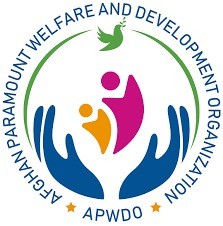Health & Nutrition
At APWDO, our Health & Nutrition programs confront Afghanistan’s devastating public health crises through integrated lifesaving interventions. We deploy evidence-based strategies to treat acute malnutrition, prevent disease outbreaks, and strengthen community health resilience amid complex emergencies. Our comprehensive approach delivers therapeutic feeding for malnourished children, prenatal/pediatric care, vaccination campaigns, and nutrition-sensitive economic support.
Thanks to our donors, we reached over 58,000 vulnerable Afghans between 2023-2025. In Kunar province, we provided 15,531 pregnant/lactating women with $ 60 monthly cash transfers and nutrition coaching, achieving a 38% reduction in low birth weight and 92% dietary improvement. In Badakhshan, 8,190 individuals received integrated winterization-health packages combining heating fuel, vitamin supplements, and pneumonia prevention training. These interventions adhere to HRP 2025 standards, with just $52 covering full treatment for a malnourished child.

APWDO health worker measuring child’s arm circumference in Kunar village
Our implementation prioritizes community ownership and cultural sensitivity. We coordinate closely with the Ministry of Public Health, local health shuras, and UN clusters to ensure alignment with national systems. Female health workers deliver services in homes and safe spaces, overcoming access barriers for women and children. Real-time monitoring through KoBoCollect technology ensures aid integrity while building local capacity—we’ve trained 120 community health volunteers to sustain impact beyond project cycles

Mothers receiving mobile cash transfers for nutrient-rich foods

